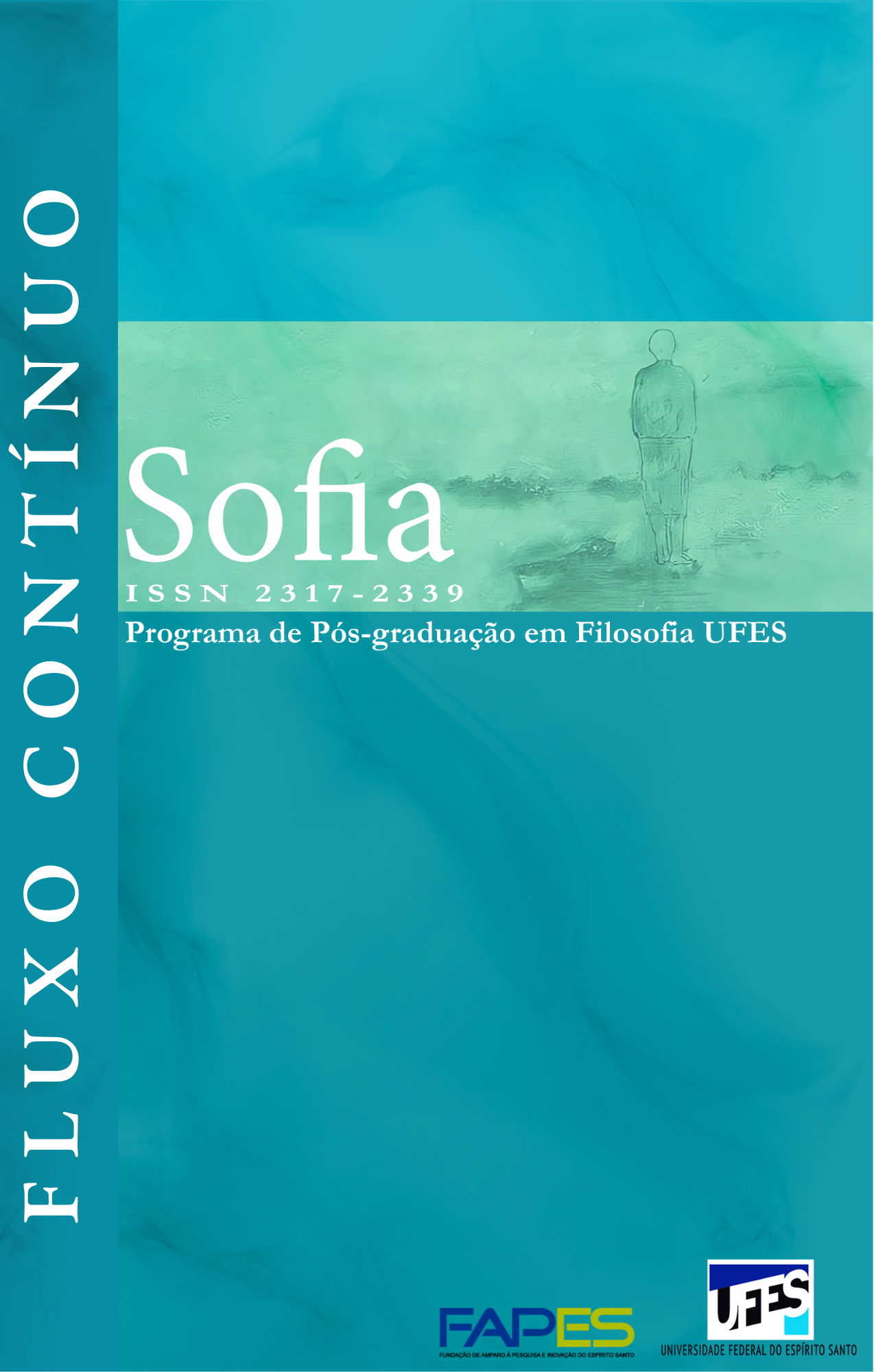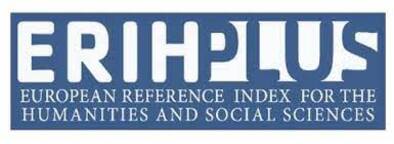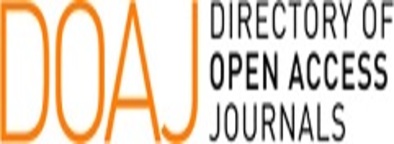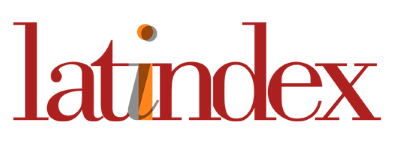Ignorância e irracionalidade política
problemas epistêmicos para a democracia
DOI:
https://doi.org/10.47456/sofia.v12i1.39863Palabras clave:
democracia, epistocracia, irracionalidade política, ignorância políticaResumen
Neste artigo discuto alguns problemas epistêmicos que a democracia enfrenta. Apresento, inicialmente, o argumento segundo o qual a ignorância e a irracionalidade política afetam de maneira substancial as democracias atuais. Em seguida, exponho os princípios que suportam um sistema alternativo: a epistocracia. Segundo os epistocratas, devemos preferir a estrutura institucional que tende a produzir as melhores decisões. Além disso, as decisões políticas são legítimas e autoritativas somente quando produzidas por um corpo político competente de um modo competente e de boa fé. Após expor os princípios que suportam a epistocracia, considero algumas formas de implementação desse sistema. Na última seção, detalho uma resposta epistêmica aos argumentos que questionam a legitimidade da democracia. Sustento que a resposta não diminui a força das críticas, de modo que os problemas epistêmicos permanecem como uma questão a ser enfrentada pelos democratas.
Referencias
ACHEN, Christopher H.; BARTELS, Larry. Democracy for Realists. Princeton: Princeton University Press, 2016.
ARNOLD, Jason R. The Electoral Consequences of Voter Ignorance. Electoral Studies, v. 31, n. 4, p. 796-815. 2012.
BARTELS, Larry. Uninformed Votes: Information Effects in Presidential Elections. American Political Science Review, v. 40, p. 194–230, 1996.
BRENNAN, Geoffrey; LOMANSKY, Loren. Democracy and Decision. New York: Cambridge University Press, 1993.
BRENNAN, Jason. Against Democracy. Princeton, NJ: Princeton University Press, 2016.
BRENNAN, Jason; LANDEMORE, Helena. Debating Democracy: Do We Need More or Less? New York: Oxford University Press, 2021.
BRENNAN, Jason; FREIMAN, Christopher. Why Paternalists Must Endorse Epistocracy. Journal of Ethics and Social Philosophy, v. 21, n. 3, 2022.
BRENNAN, Geoffrey; BUCHANAN, James. 1984. “Voter Choice: Evaluating Political Alternatives”. American Behavioral Scientist, V. 28, n. 2: 185‐201.
BRENNAN, Geoffrey; HAMLIN, Alan. 1998. “Expressive Voting and Electoral Equilibrium”. Public Choice, v. 95, n. 1–2: 149‐175.
BUCHANAN, James M. 1954. “Individual Choice in Voting and the Market.” Journal of Political Economy 62, 4: 334‐343.
CAPLAN, Bryan. The Myth of the Rational Voter: Why Democracies Choose Bad Policies. Princeton, NJ: Princeton University Press, 2007.
CAPLAN, Bryan; CRAMPTON, Eric, GROVE, Wayne A., and SOMIN, Ilya. (2013). Systematically Biased Beliefs about Political Influence: Evidence from the Perceptions of Political Influence on Policy Outcomes Survey. Political Science and Politics, v. 46: 760–767, 2013.
CHONG, Dennis. Degrees of Rationality in Politics. In: SEARS, D. O., LEVY, J. S. (eds.), The Oxford Handbook of Political Psychology. New York: Oxford University Press, 96– 129, 2013.
COHEN, Geoffrey L. Party over Policy: The Dominating Impact of Group Influence on Political Beliefs. Journal of Personality and Social Psychology, v. 85, p. 808– 822, 2003.
DELLI CARPINI, Michael X., and KEETER, Scott. What Americans Know about Politics and Why It Matters. New Haven: Yale University Press, 1996.
DOWNS, Anthony. An Economic Theory of Democracy. New York: Harper & Row, 1957.
ELMENDORF, Christopher S.; and SCHLEICHER, David. 2013. Informing Consent: Voter Ignorance, Political Parties, and Election Law. University of Illinois Law Review, v. 2013, n. 2: 363-432, 2013.
ESTLUND, David. Democratic Authority. Princeton: Princeton University Press, 2008.
FINLEY, Moses I. Democracy: Ancient and Modern. London: Chatto & Windus, 1973.
GILENS, Martin. Political Ignorance and Collective Policy Preferences. American Political Science Review, v. 95, n. 2, p. 379-396, 2001.
GILENS, Martin. Affluence and Influence. Princeton: Princeton University Press, 2012.
HUEMER, Michael. (2016). Why People Are Irrational about Politics. In: ANOMALY, J., BRENNAN, J., MUNGER, M. C., SAYRE-MCCORD, G. (eds.), Philosophy, Politics, and Economics: An Anthology. Oxford: Oxford University Press.
IYENGAR, Shanto; SOOD, Guarav; LELKES, Yphtach. Affect, Not Ideology: A Social Identity Perspective on Polarization. Public Opinion Quarterly, v. 76: 405– 431, 2012.
IYENGAR, Shanto; WESTWOOD, Sean. J. Fear and Loathing across Party Lines: New Evidence on Group Polarization. American Journal of Political Science, v. 59, p. 690–707, 2015.
JONES, Garrett. 10% Less Democracy. Stanford: Stanford University Press, 2020.
KAHAN, Dan. The Politically Motivated Reasoning Paradigm, Part 1: What Political Motivated Reasoning Is and How to Measure It. In: SCOTT, R. A., KOSSLYN, S. M. Emerging Trends in the Social and Behavioral Sciences: An Interdisciplinary, Searchable, And Linkable Resource, p. 1-16, 2016.
KAHAN, Dan; PETERS, Ellen, DAWSON, Erica; SLOVIC, Paul. Motivated Numeracy and Enlightened Self-Government. Behavioral Public Policy, v. 1, p. 54–86, 2013.
LANDEMORE, Helena. Democratic Reason. Princeton: Princeton University Press, 2012.
LIPPMANN, Walter. Public Opinion. New York: Penguin, 1922.
MASON, Lilliana. Ideologues without Issues: The Polarizing Consequences of Ideological Identities. Public Opinion Quarterly, v. 82: 280– 301, 2018.
MUTZ, Diana C. Hearing the Other Side. Cambridge: Cambridge University Press, 2006.
SCHUDSON, Michael. America’s Ignorant Voters. The Wilson Quarterly, v. 24, n. 2, p. 16-22, 2000.
SCHULTZ, David. American Politics in the Age of Ignorance: Why Lawmakers Choose Belief over Research. London: Palgrave MacMillan, 2012.
SCHUMPETER, Joseph A. Capitalism, Socialism, and Democracy. New York: Harper Perennial, 1975.
SIMLER, Kevin, and HANSON, Robin. The Elephant in the Brain. Oxford University Press, 2018.
SOMIN, Ilya. Democracy and Political Ignorance: Why Smaller Government is Smarter. Stanford, CA: Stanford University Press, 2ed, 2016.
SOMIN, Ilya. Political Ignorance and The Counter majoritarian Difficulty: A New Perspective on the ‘Central Obsession’ of Constitutional Theory. Iowa Law Review, v. 1287, p. 03-47, 2003.
TAJFEL, Henri. Human Groups and Social Categories. New York: Cambridge University Press, 1981.
TAJFEL, Henri. Social Identity and Intergroup Relations. Cambridge: Cambridge University Press, 1982.
TAJFEL, Henri; and John C. Turner. An Integrative Theory of Intergroup Conflict. In: AUSTIN, W. G., WORCHEL, S. The Social Psychology of Intergroup Relations. eds. Monterey, CA: Brooks-Cole, p. 33– 37, 1979.
TALISSE, Robert. Does public ignorance defeat deliberative democracy? Critical Review: A Journal of Politics and Society, v.16, n. 4, pp. 455-463, 2004.
TALISSE, Robert. Overdoing Democracy. NY: Oxford University Press, 2019.
Descargas
Publicado
Número
Sección
Licencia
Derechos de autor 2023 Bruno Coelho

Esta obra está bajo una licencia internacional Creative Commons Atribución 4.0.
Dada a política de acesso público da revista, o uso dos textos publicados é gratuito, com a obrigação de reconhecer a autoria original e a primeira publicação nesta revista. Os autores das contribuições publicadas são inteiramente e exclusivamente responsáveis por seus conteúdos.
I Os autores autorizam a publicação do artigo nesta revista.
II Os autores garantem que a contribuição é original e assumem total responsabilidade pelo seu conteúdo em caso de impugnação por terceiros.
III Os autores garantem que a contribuição não está sob avaliação em outra revista.
IV Os autores mantêm os direitos autorais e concedem à revista o direito de primeira publicação, sendo o trabalho licenciado sob uma Licença Creative Commons Atribuição-BY.
V Os autores são autorizados e incentivados a divulgar e distribuir seu trabalho on-line após a publicação na revista.
VI Os autores dos trabalhos aprovados autorizam a revista a distribuir seu conteúdo, após a publicação, para reprodução em índices de conteúdo, bibliotecas virtuais e similares.
VII Os editores reservam o direito de fazer ajustes no texto e adequar o artigo às normas editoriais da revista.


















